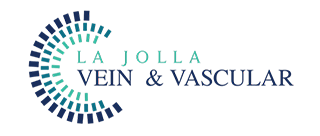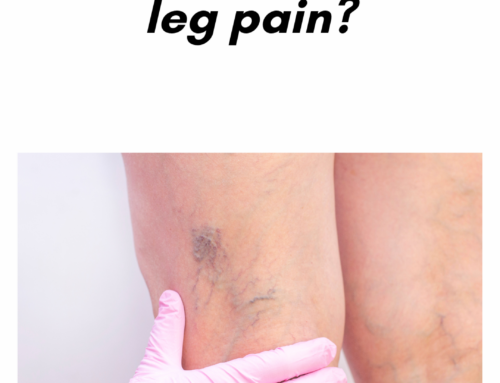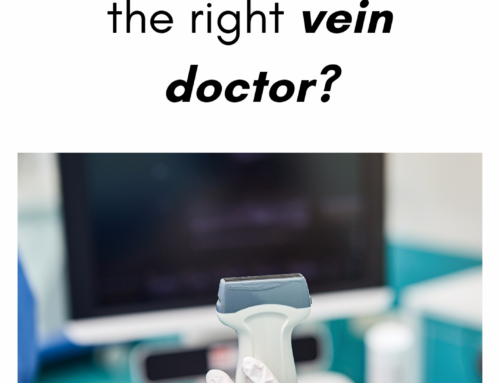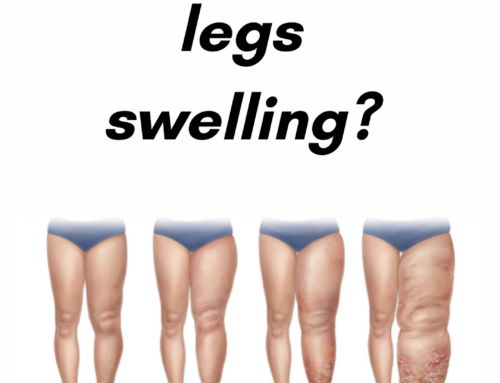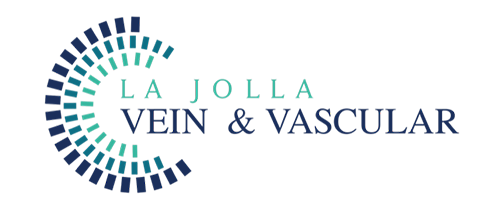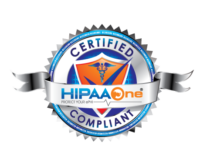The connection between cholesterol and vascular health
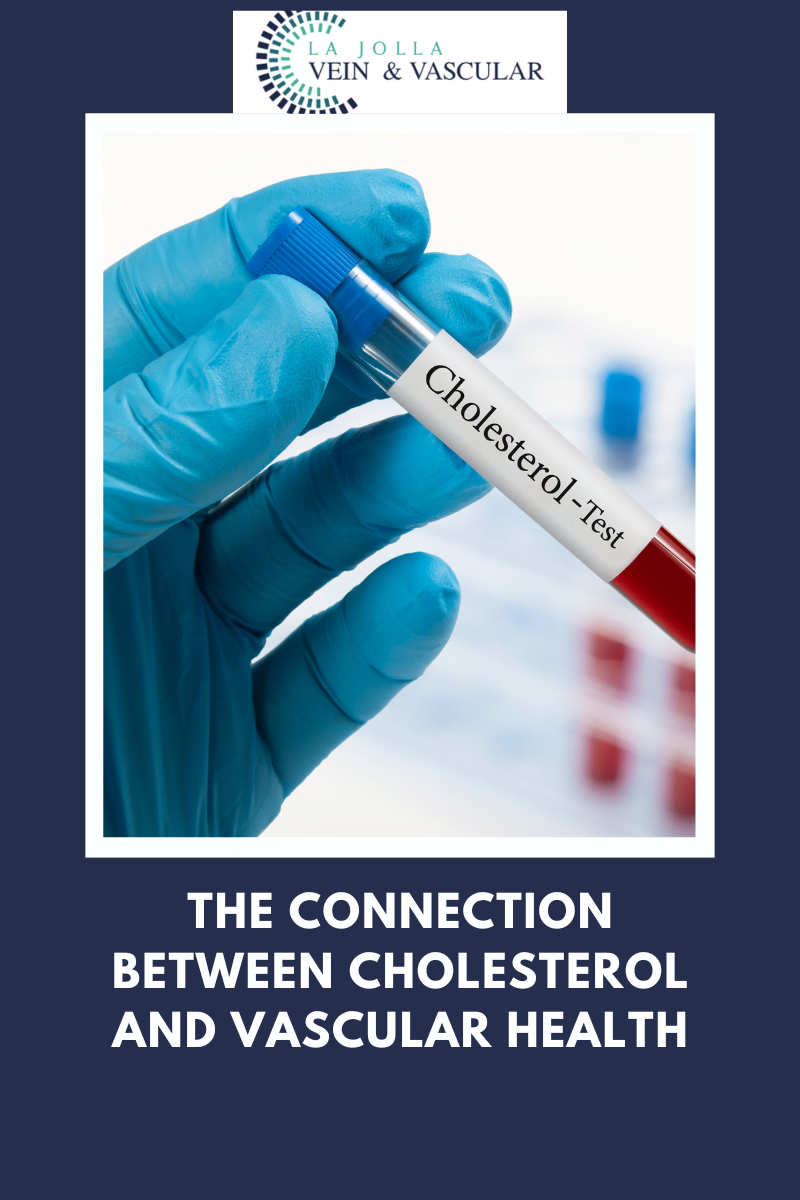
How cholesterol affects your vascular health
When it comes to vascular disease, cholesterol is enemy number one. Cholesterol is a waxy, fat-like substance found in the walls of human cells. The human body produces cholesterol but it also comes from foods that are high in animal fats such as eggs, cheese and meat.
But all cholesterol is not created equal. It comes in two very different types:
- Good cholesterol, or high-density lipoprotein (HDL), helps keep arteries from becoming blocked.
- Bad cholesterol, or low-density lipoprotein (LDL) can build up and cause blockages in the arteries.
Triglycerides are fats produced by the liver. They can cause the same kinds of health problems as LDL. Over time, a buildup of extra cholesterol, or plaque, can narrow the insides of blood vessels. Eventually, the plaque causes hardening of the arteries, also called atherosclerosis. This condition can lead to vascular disease, strokes, heart attacks, aneurysms and other life-threatening problems.
When doctors tell you to “know your numbers,” one of those numbers is your cholesterol level. For good vascular health:
- Total cholesterol should be less than 200.
- Good cholesterol (HDL) should be more than 60.
- Bad cholesterol (LDL) should be less than 130.
- Triglycerides should be less than 150.
Why take statins for cholesterol control?
All types of atherosclerosis are improved when patients take statins.
Side effects are relatively rare, and if a patient does not tolerate one statin, there are many different ones that can be tried.
What are statins?
Statins act as a key control point in the metabolism of serum cholesterol.
Specifically, when “bad” (LDL) cholesterol is high, the risk of heart attack and stroke is high.
Can lifestyle changes impact cholesterol levels?
Yes. Even slight lifestyle choices can impact vascular disease. For example, a 10-pound weight loss can result in a 5 to 8 percent reduction in LDL.
If lifestyle changes are not enough to bring your numbers to a healthy level, medication may help. Total cholesterol levels that are borderline high (between 150-199 mg /dL) or high (200 mg / dL or more) may require treatment with a statin drug. Some conditions actually benefit from a statin even if your numbers are normal.
Who benefits from taking statins?
- People who are at risk of heart attack and stroke due to high cholesterol
- Patients with hardening of the arteries supplying oxygen-rich blood to the brain or the legs
- Vascular surgery patients. During a vascular procedure, they have fewer complications
Do statins affect plaque in the blood vessels?
Newer research suggests that statins don’t just stop plaque from getting worse, they may also reduce plaque in the leg arteries. Studies also now suggest that statins keep plaque stable so it is less likely to break off and form blood clots that cause heart attacks and strokes. Statins also improve the function of cells inside of the artery.
Don’t statins have side effects?
Few statin side effects have been recorded since they were introduced 40 years ago. Most mild side effects, such as muscle pain and cramps, can be avoided by switching statins. Serious side effects are rare but it is important to be aware of them. They include:
- Liver damage. This very rare condition doesn’t cause symptoms, so laboratory tests are ordered when patients first start taking statins.
- A wide range of muscle injuries. In rare cases, inflammation of the muscles can occur. At its worst, this rapid muscle destruction can lead to kidney failure.
“Bringing Experts Together for Unparalleled Vein and Vascular Care”
La Jolla Vein & Vascular (formerly La Jolla Vein Care) is committed to bringing experts together for unparalleled vein and vascular care.
Nisha Bunke, MD, Sarah Lucas, MD, and Elliot DeYoung, MD are specialists who combine their experience and expertise to offer world-class vascular care.
Our accredited center is also a nationally known teaching site and center of excellence.
For more information on treatments and to book a consultation, please give our office a call at 858-550-0330.
For a deeper dive into vein and vascular care, please check out our Youtube Channel at this link.
For more information on varicose veins and eliminating underlying venous insufficiency, check this link out full of resources.
